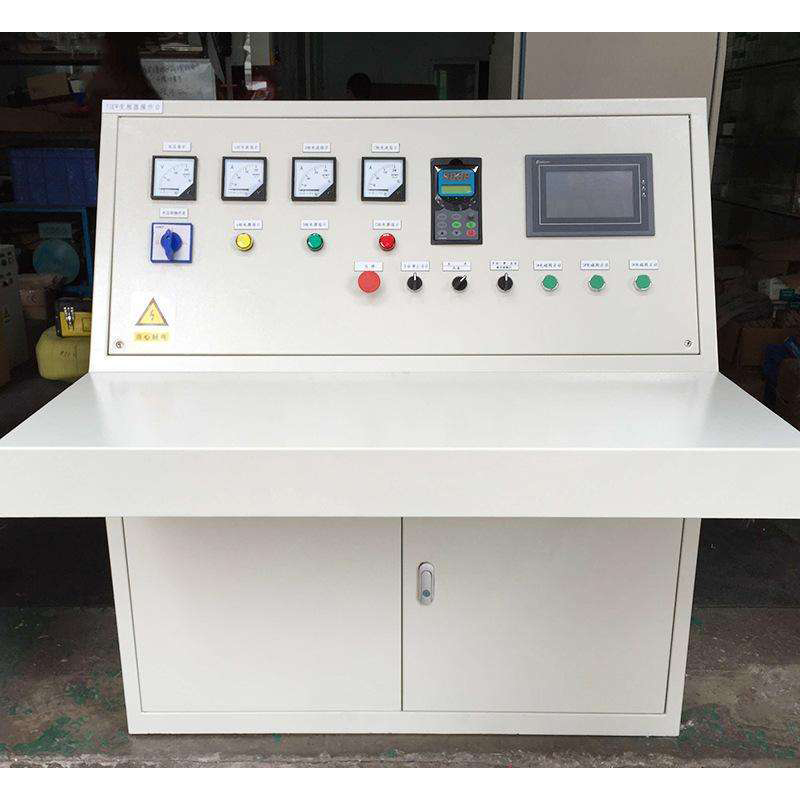
Nov . 21, 2024 12:52
Back to list
gas filtration
Gas filtration is a crucial process used in various industries to remove contaminants from gases before they are released into the atmosphere or used in manufacturing processes. This technique not only helps in maintaining air quality but also plays a significant role in ensuring operational efficiency and compliance with environmental regulations.
The primary function of gas filtration is to eliminate pollutants such as particulate matter, volatile organic compounds (VOCs), and other harmful substances from gas streams. This is particularly important in industries like oil and gas, chemical manufacturing, and power generation, where large amounts of gases are generated. By using effective filtration methods, these industries can significantly reduce their environmental footprint and enhance the safety of their operations.
One common method of gas filtration involves the use of fabric filters, which are composed of woven or non-woven materials that trap dust and particulate matter as gas passes through them. These filters can be designed to withstand high temperatures and corrosive environments, making them suitable for a variety of applications. Another widely used technique is electrostatic precipitation, which uses electrical charges to attract and collect particulates from the gas stream. This method is particularly effective for fine particulate removal in sectors like cement and steel production.
gas filtration

Recent advancements in filtration technologies have led to the development of more efficient and durable filter materials. For example, nanofiber filters have emerged as a promising solution, offering superior performance in capturing tiny particles while maintaining low pressure drop. This innovation not only improves filtration efficiency but also extends the lifespan of the filters, resulting in reduced maintenance costs.
Moreover, the integration of real-time monitoring and automation in gas filtration systems has enhanced their effectiveness. These systems can now provide immediate feedback on filter performance, allowing for timely maintenance and replacement. By optimizing filtration processes through data analytics, industries can achieve better control over their emissions and reduce downtime.
In conclusion, gas filtration is an essential component of modern industrial operations, promoting environmental sustainability while ensuring compliance with health and safety standards. As technology continues to evolve, the future of gas filtration looks promising, with new materials and methods paving the way for more efficient, cost-effective solutions. Embracing these advancements will be critical for industries aiming to meet stricter regulations and contribute to a cleaner, healthier planet.
Next:
Latest news
-
Safety Valve Spring-Loaded Design Overpressure ProtectionNewsJul.25,2025
-
Precision Voltage Regulator AC5 Accuracy Grade PerformanceNewsJul.25,2025
-
Natural Gas Pressure Regulating Skid Industrial Pipeline ApplicationsNewsJul.25,2025
-
Natural Gas Filter Stainless Steel Mesh Element DesignNewsJul.25,2025
-
Gas Pressure Regulator Valve Direct-Acting Spring-Loaded DesignNewsJul.25,2025
-
Decompression Equipment Multi-Stage Heat Exchange System DesignNewsJul.25,2025

